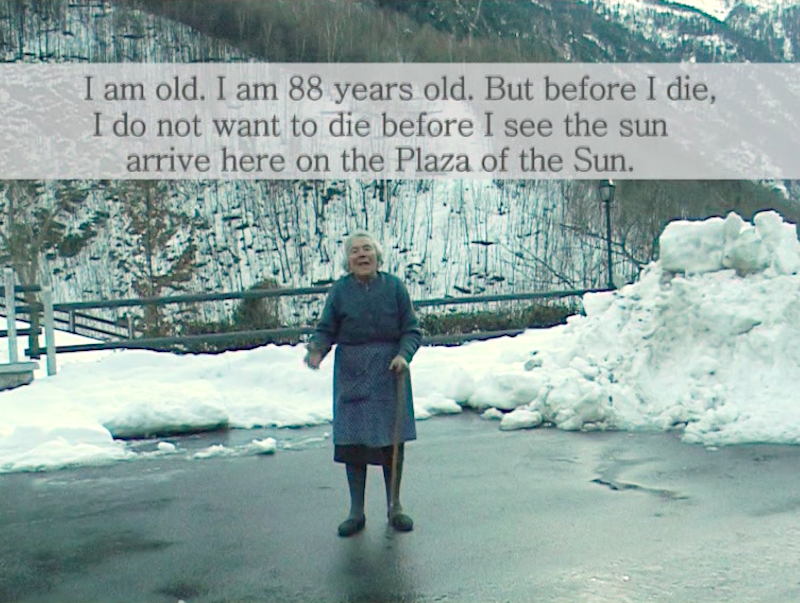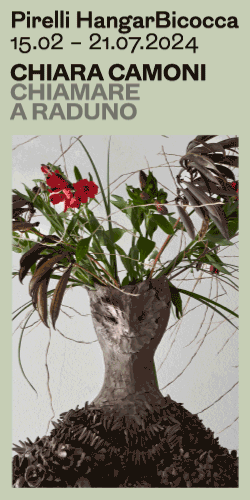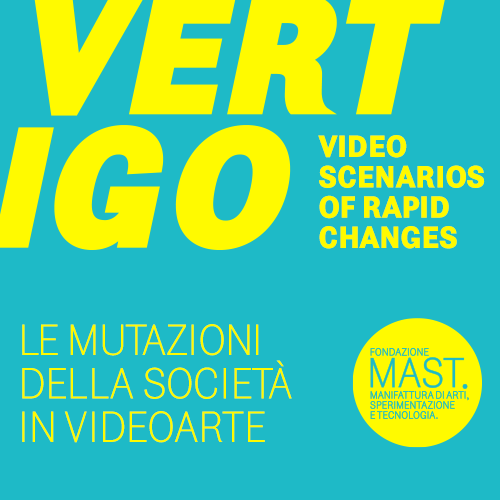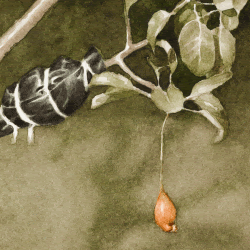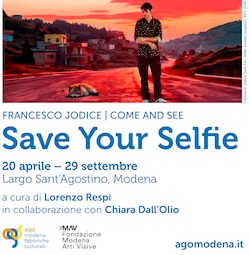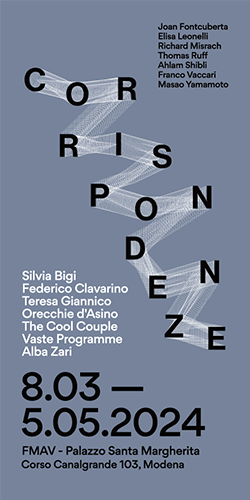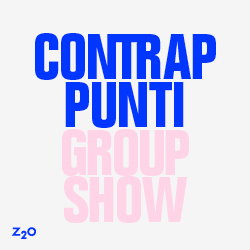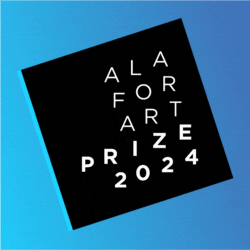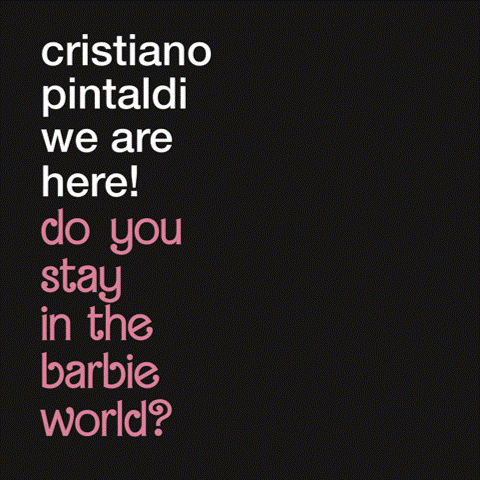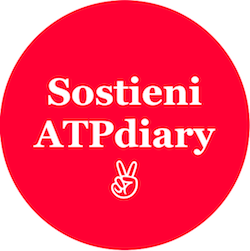
Lo scorso 20 gennaio, per prima volta nella loro carriera professionale, gli artisti Maria Thereza Alves e Jimmie Durham hanno presentato le Wordly Practices al Castello di Rivoli attraverso la proiezione di alcuni lavori e una conversazione a tre con Carolyn Christov-Bakargiev. La coppia di artisti, legati sia dal lavoro che bella vita privata, portano avanti dagli anni ’80 una ricerca volta alla liberazione dalle complessità di una società eurocentrica priva di rispetto per chi, secondo la storia, custodisce ancora nelle sue origini una determinata relazione con una cultura o un ambiente naturale.
Si parla allora di indigeneità, espressione che raccoglie insieme l’essere posti ai margini, non accettati come cittadini, e una condizione dell’anima in una sorta di perenne stato di incomprensione. Indigeneità che può essere tranquillamente affiancata allo stato attuale di un numero in continuo aumento di rifugiati.
Sebbene le due partiche degli artisti siano diametralmente diverse, entrambi non smettono di assumere una posizione nel mondo. Alves più cerebrale, nella veste di research based activist incorpora nella sua produzione artistica concetti che provengono da campi quali la sociologia e l’antropologia, al fine di creare delle opere relazionali che producano qualcosa di buono per le comunità. Dall’altro lato Durham, attraverso l’attività scultorea, con umorismo mette in luce la nostra relazione con la materia. Lo strumento, il tool, diviene per lui possibilità di alterazione e distacco. In entrambi i casi ciò che emerge è una storia seppellita e una visione dell’arte contemporanea come attività politica attiva. La rivincita in un mondo di incomunicabilità è inoltre in questo caso tutta al femminile: Alves, che con l’installazione The Return of a Lake presentata a dOCUMENTA(13) aveva fatto riaffiorare la natura e la cultura indigena attorno a un lago nella regione di Chalco in Messico, sarà infatti coinvolta in occasione di Manifesta12.

Gli artisti hanno risposto ad alcune domande —
ATP: Considering this endless research of spirituality that we can see in the society in many different forms but always regarding the present and the individual, do you think that is still possible to establish a practice to gather people in a human way?
Maria Thereza Alves: Whether it is not possible, one tries. One can’t, one tries. Is more an idea to be together in society then in spirituality. I’ve more empathy with the life which is around me than in spirituality.
Jimmie Durham: I like the idea. We are good only in a group if we are individuals and we are good as individual only if we are in a group because the two things must go together. And for me, but also for all of us, everything that’s alive is part of our life constantly everyday and we see that because we want life always around us not only in a human way. Everyone of us wants to be part of things.
ATP: The activism in your work and in your life underlines a practice of resistance which in some way is antimonumental, a potent blend of poetry and humor. I see in it a honesty able to enter in our real life and positioning critically us in the context, is true?
JD and MTA speaking together / For me and I think even more for Maria Thereza the resistance is only because something dangerous comes true. But my artistic practice works with liberation not resistance. because if you There’s a poet in Middle Age who said: “if I say something good, if i sing a good song of course is the word of God” and I love this idea. If I dance is a good dance of course. This is God talking, these are us, this is liberation more than resistance.
Costantly make things intellectually and joyfully stimulating thoughts making us, making me, more than what we want to be at the moment before.
There is a very nice saying: “The work of the artists is to make liberation is not to oppress”.
ATP: Today in the ideological and economical bullying of contemporary society how do you read the term world?
JD: In these days I think everyone has to opposing necessity we need to stand firm on what we know, on what we have from people and we need at the same time to deny it. We need to be defenseless but especially artists and people like priest living in the church and in religious. We need to not have something to follow back on, to have no shield, we need to be exposed to everything that is out there.
We are not going on to give up all the things we are doing as destroying the earth. We are not going to stop so I don’t see any solution to any problems but I dont think is my job to see a solution. I think it is my job do whatever I can. I’m art based, art is my base. Intellectual art which means at the same time if there is something normally political to do I must do it, If there is something that I have to see I must be defenseless standing from the things I think there are a lot of homeless person in world. This is always my ambition, to be a homeless person, a stateless person, illegal immigrant.
ATP: A city, a place is a space for communication and relations. Is this erratic way, this immigrant state a path to become authentic with the world?
JD: I think authenticity is a strange concept but I think is like telling the truth. Maybe I don’t ever know the truth but we should always be able to know what is a lie and that is a very important thing. If someone is lying, we should be able to recognize that. I’m not worried about the truth, I’m not worried about authenticity, but only worried about if someone is doing something that is against us.

